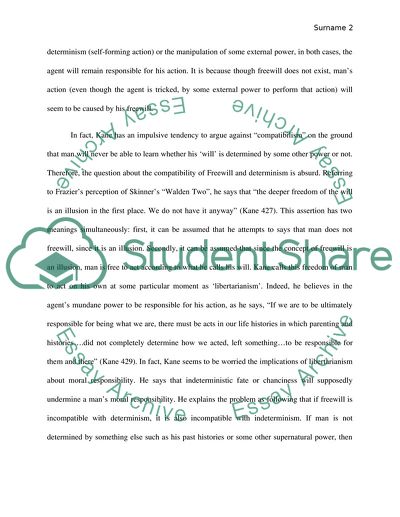Cite this document
(A Feature of the Human Soul: the Material Existence and Realities Essay Example | Topics and Well Written Essays - 1750 words, n.d.)
A Feature of the Human Soul: the Material Existence and Realities Essay Example | Topics and Well Written Essays - 1750 words. https://studentshare.org/philosophy/1635249-a-feature-of-the-human-soul-the-material-existence-and-realities
A Feature of the Human Soul: the Material Existence and Realities Essay Example | Topics and Well Written Essays - 1750 words. https://studentshare.org/philosophy/1635249-a-feature-of-the-human-soul-the-material-existence-and-realities
(A Feature of the Human Soul: The Material Existence and Realities Essay Example | Topics and Well Written Essays - 1750 Words)
A Feature of the Human Soul: The Material Existence and Realities Essay Example | Topics and Well Written Essays - 1750 Words. https://studentshare.org/philosophy/1635249-a-feature-of-the-human-soul-the-material-existence-and-realities.
A Feature of the Human Soul: The Material Existence and Realities Essay Example | Topics and Well Written Essays - 1750 Words. https://studentshare.org/philosophy/1635249-a-feature-of-the-human-soul-the-material-existence-and-realities.
“A Feature of the Human Soul: The Material Existence and Realities Essay Example | Topics and Well Written Essays - 1750 Words”. https://studentshare.org/philosophy/1635249-a-feature-of-the-human-soul-the-material-existence-and-realities.


